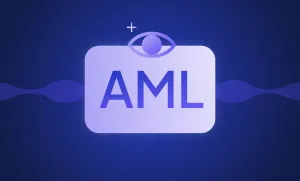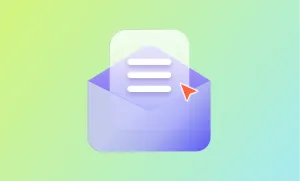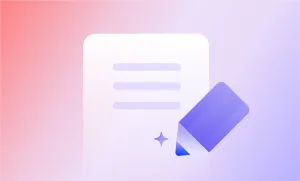There is a massive increase in DMCA takedown notices against podcasts, and many podcast media hosting companies have been receiving it frequently recently. Let's see what the DMCA is and how it affects podcasters.
The DMCA (Digital Millennium Copyright Act) passed in 1998 is an American copyright law that criminalizes the production and dissemination of devices, technology, or services intended to circumvent measures that control access to copyrighted works.
It basically says that companies that host other people's user-generated content on the internet are immune from lawsuits and copyright holders. Suppose they implement a procedure where they will take down infringing material upon receiving notice. In that case, they take it down, and they notify the alleged infringer, that is the party that posted the infringing material, and that party then gets an opportunity to counter notify and say that it's legit, it's supposed to be up there and that he/she is allowed or has permission. If they follow this procedure, they can't be sued for copyright infringement for that third-party user-generated content.
The point is that it's under the radar of music companies, as these DMCA takedown notices seem to be coming from record label and music publishing companies that are involved and are part of RIAA (The Recording Industry Association of America), which is the evidence that the music industry has caught wind of podcasting.
Whether you like it or not, this is the reality, and the copyright is owned by the people who create the work. If you write or record a song, you own a copyright. That means that you have the exclusive right as the copyright owner to make copies sell them, distribute, do derivative works based on them or incorporate them into other works, and so on. This exclusive right means that the owners decide when, how and under what circumstances those materials can be published or circulated. Copyright is about creating an incentive for artists to create by giving them this right to control the use of their work and get them paid for it.
So if you own a copyright and somebody uses your music without permission, you can sue them for copyright infringement, proving that you have been harmed or damaged somehow.
DMCA takedown methodology protects the companies that are hosting this content, giving them the comfort they need to be able to offer the services that they do, but it also gives the copyright owner the mechanism to put a stop to the infringing material. So podcasters also need to be careful about this and don't use someone's music without their consent. There is one exception, fair use, which is a multi-factor complicated analysis that you have to do for each little clip that you use. Worth mentioning that the DMCA works in the US only.
Let's say you do a music review show or an educational podcast show covering topics related to artists, their music, etc., bringing in a little piece of music because you are talking about that music. In this case, it can be qualified as fair use. But anyway, you can't take and play the whole tune. Even in the case of fair use, when you get a DMCA takedown notice and prepare your counter-notification, there is no guarantee that the use of the music will be qualified as fair use. Moreover, you'll spend a bunch of money on hiring lawyers for the preparation of the defense, prepare a motion to dismiss on the basis that it is fair use, which can cost you from 10K to 25K just for this part of work. And as mentioned earlier, no guarantee that your case will be qualified as fair use. With all this said, it's recommended to get permission for the music, otherwise don't use it.
As industry professionals highlight, there is a need to come up with a licensing mechanism for podcasting that makes it easy, feasible, and affordable to get permission to use copyrighted music in the podcast, a mechanism that will be designed to make this difficult scenario of music usage permission easy and effortless both for podcasters and music/song owners.
To sum all this up, if you have music in your podcast, you need a license for the music that you use. You may have been able to fly under the radar for a while but follow licensing and permission requirements to avoid DMCA takedown notices.








